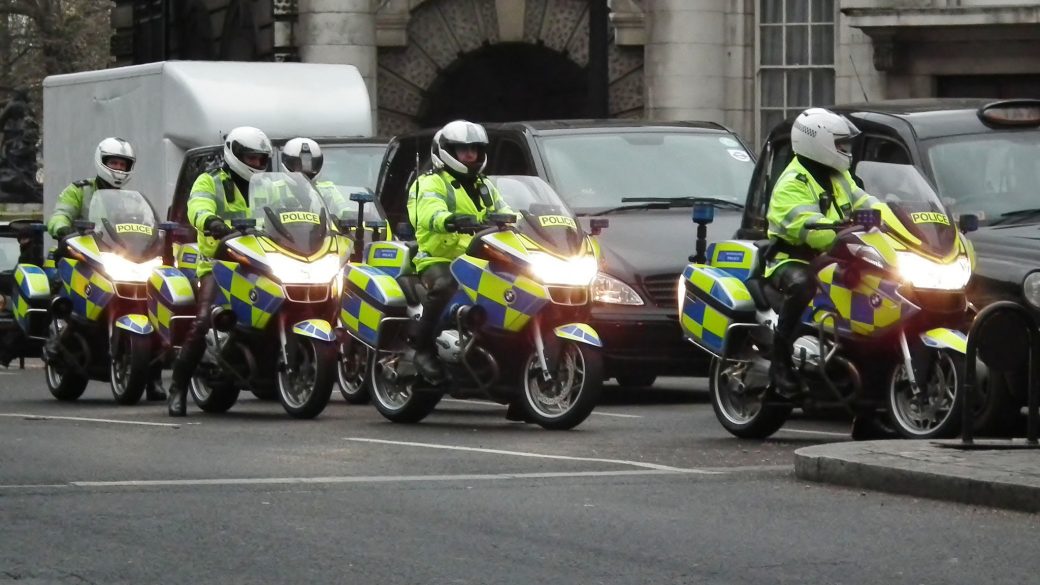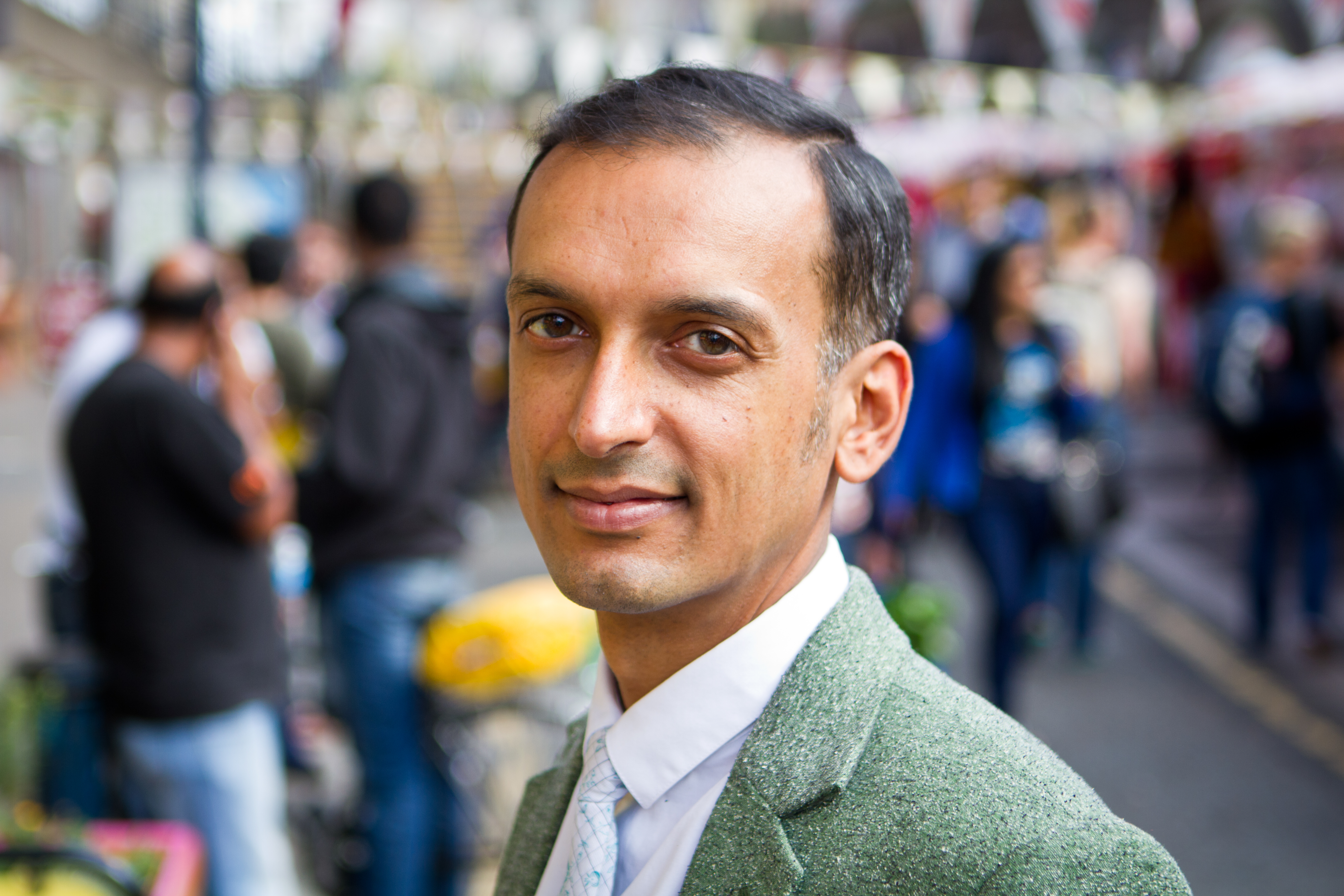Stop and search and the Metropolitan Police’s controversial Gangs Matrix could be fuelling crime, according to a new report published today.
The report, Being Matrixed, was published by StopWatch, a charity that campaigns for fair and accountable policing in the UK. Stopwatch conducted extensive interviews with young people, aged 17 to 32, named on the Metropolitan Police’s gangs database (or Gangs Matrix).
The report found young people were subjected to multiple stop and searches on a daily basis.
One respondent explained how being repeatedly stopped and searched spilt over into frustration that led to a criminal conviction.
“I’ve got a conviction because I was stopped and searched three times in one day. Now if you’re stopped and searched three times in one day, how are you going to feel? I flipped, I found it hard to hold my tongue and yes, I got a conviction for public disorder. I was thinking, well I was actually minding my own business, you saw me, you’re pestering me, you’ve done it three times, what else do you expect me to do.”
Now if you’re stopped and searched three times in one day, how are you going to feel?
A young man on the Metropolitan Police’s gangs database
Another described how being listed on the matrix led to problems in getting a job. “I’ve applied for so many jobs within the youth sector, and they’ve told me that when they do like a CRB check, they told me that I’m on a ‘watch’.”
What is the Metropolitan Police’s ‘Gangs Matrix’?

The Gangs Matrix is a database of current or potential ‘gang members’. It uses a ‘traffic light’ violence rating system – each listed individual is either red, amber, or green.
Earlier this year, the Guardian found that 40 percent of young people on the Gangs Matrix in the borough of Haringey have a ‘harm score’ of zero.
An Amnesty International report on the Gangs Matrix, Trapped in the Matrix, declared it to be “racially discriminatory” and in violation of human rights.
Amnesty’s report found that more than three-quarters (78%) of people on the list are black, despite government records showing this demographic is responsible for just 27 percent of youth crime in London.
Under Article 14 of the Human Rights Convention, we have a right not to be discriminated against, and to enjoy all rights and freedoms regardless of characteristics including race, gender and religion.
Amnesty’s report found that more than three-quarters (78%) of people on the list are black, despite government records showing this demographic is responsible for just 27 percent of youth crime in London.
Campaigners call for the ‘Racialised’ Database to be Scrapped

Image via Flickr
Katrina French, the chief executive of StopWatch, has joined Amnesty International in calling for the Gangs Matrix to be scrapped. She said:
“To be on the Matrix is to be literally black listed. It means that the young people on it are marked out for harassment and humiliation. It’s a highly racialised stigma that follows someone through every aspect of their life.”
“The young people we work with describe being stopped and searched as a daily occurrence … some people report being stopped and searched as many as three times a day. I think it’s hard for most people to imagine that level of invasion of personal space and the mental strain the young people experience.”
“Following hot on the heels of an extremely critical report from Amnesty International, our report adds to the weight of evidence which suggests the Matrix is not fit for purpose, and should be urgently reviewed by the Mayor of London with a view to scrapping it.”
Featured image via Pixabay.







